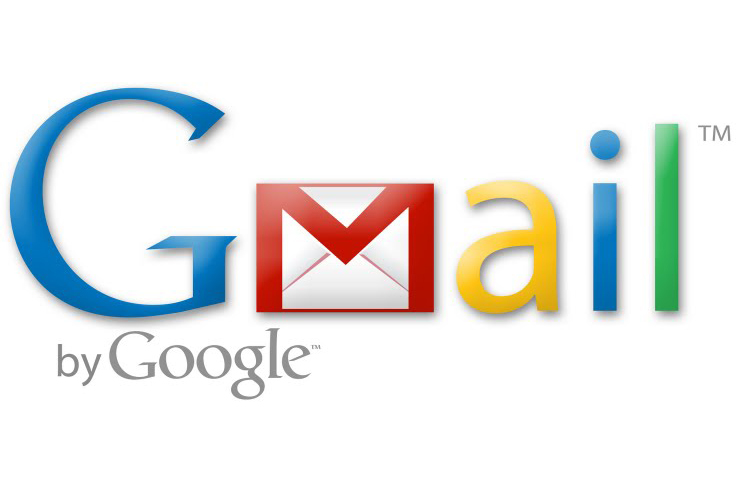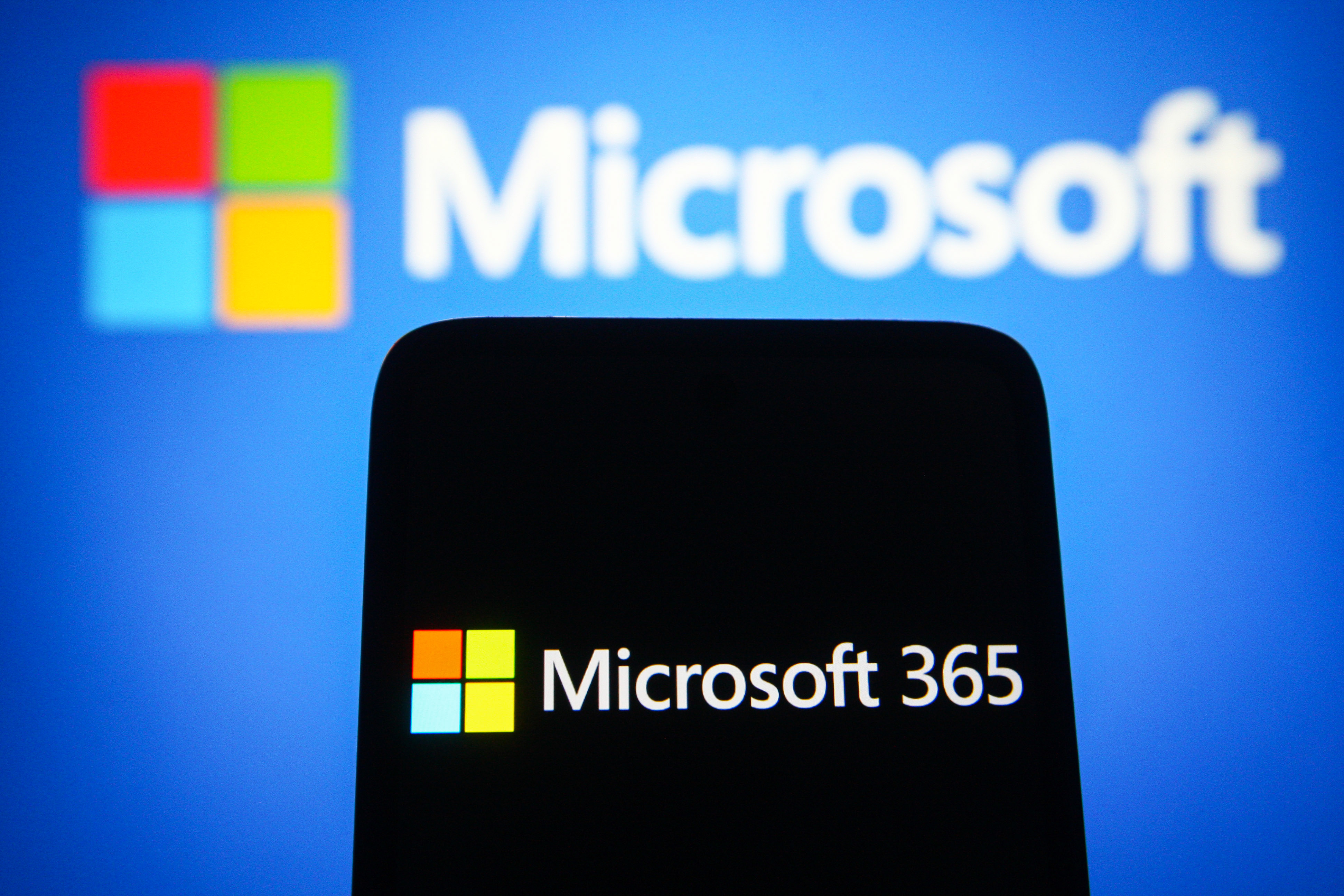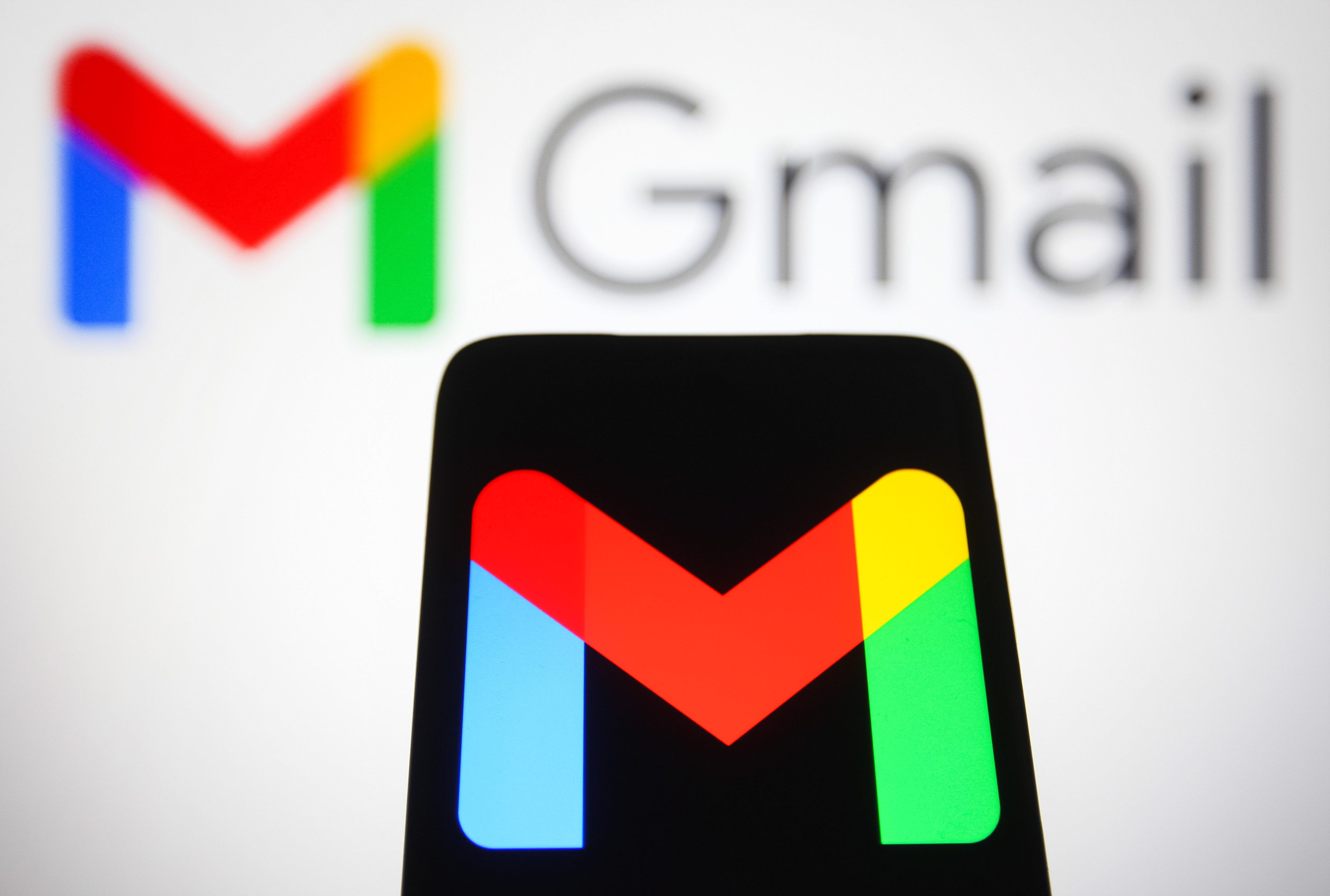Gmail fail blamed on software bug
Thousands of Gmail accounts were wiped because of a software bug, Google says.


Google has blamed a bug within a storage software update for the email wipes affecting thousands of users over the last two days.
Many Gmail account holders found their emails and contacts had been almost completely erased.
Google explained, in some rare cases, software bugs could hit several copies of the data, so it didn't help in this scenario that the company had multiple copies of user data in numerous data centres across the world.
Google also backs up user data to tape, where such software bugs cannot affect data.
However, it also takes longer to restore such data from tape and this is why it has taken Google hours to bring email back to some Gmail users.
Ben Treynor, vice president of engineering and site reliability czar at Google, said the search giant was "very sorry."
"The good news is that email was never lost and we've restored access for many of those affected," Treynor said in a blog post.
Get the ITPro daily newsletter
Sign up today and you will receive a free copy of our Future Focus 2025 report - the leading guidance on AI, cybersecurity and other IT challenges as per 700+ senior executives
"Though it may take longer than we originally expected, we're making good progress and things should be back to normal for everyone soon."
Google also downgraded its estimate of the total number of users affected by the issue from 0.08 per cent to 0.02 per cent of Google Mail users.
At 7:46pm yesterday, access had been restored for a third of the affected users, with Google saying it was continuing to restore the remaining 0.013 per cent of accounts.
Meanwhile, Google has been updating its Gmail Contacts service to make it easier for users to manage their accounts.
Administrators can now quickly add email addresses to groups and pick from a contact's multiple email addresses to use on a group-by-group basis.
The business impact
Nathaniel Borenstein, chief scientist for Mimecast, said the Gmail wipes were a concern for businesses as well as consumers.
Recent Mimecast research showed 85 per cent of under-25s send work related emails or documents to or from personal email accounts, potentially placing their company's data at risk.
"With workers keen to mix and match personal and business technologies in order to maximise their flexibility and productivity, IT departments need to quickly work out how they can protect corporate IP and ensure compliance in the face of this cultural shift," Borenstein said.
"While using personal email accounts for work can give employees greater flexibility, businesses can quickly encounter problems if they allow individuals to send valuable intellectual property outside of the secured corporate environment."
Tom Brewster is currently an associate editor at Forbes and an award-winning journalist who covers cyber security, surveillance, and privacy. Starting his career at ITPro as a staff writer and working up to a senior staff writer role, Tom has been covering the tech industry for more than ten years and is considered one of the leading journalists in his specialism.
He is a proud alum of the University of Sheffield where he secured an undergraduate degree in English Literature before undertaking a certification from General Assembly in web development.
-
 Asus ZenScreen Fold OLED MQ17QH review
Asus ZenScreen Fold OLED MQ17QH reviewReviews A stunning foldable 17.3in OLED display – but it's too expensive to be anything more than a thrilling tech demo
By Sasha Muller
-
 How the UK MoJ achieved secure networks for prisons and offices with Palo Alto Networks
How the UK MoJ achieved secure networks for prisons and offices with Palo Alto NetworksCase study Adopting zero trust is a necessity when your own users are trying to launch cyber attacks
By Rory Bathgate
-
 Microsoft 365 admins warned over new Gmail anti-spam rules
Microsoft 365 admins warned over new Gmail anti-spam rulesNews Microsoft 365 users have been warned they could be penalized for failing to adhere to new anti-spam standards
By Ross Kelly
-
 Capita tells pension provider to 'assume' nearly 500,000 customers' data stolen
Capita tells pension provider to 'assume' nearly 500,000 customers' data stolenCapita told the pension provider to “work on the assumption” that data had been stolen
By Ross Kelly
-
 Google launches dark web monitoring tools for US Gmail users
Google launches dark web monitoring tools for US Gmail usersNews First launched for Google One customers, the dark web report service is rolling out to all US-based Gmail users
By Ross Kelly
-
 North Korean-linked Gmail spyware 'SHARPEXT' harvesting sensitive email content
North Korean-linked Gmail spyware 'SHARPEXT' harvesting sensitive email contentNews The insidious software exfiltrates all mail and attachments, researchers warn, putting sensitive documents at risk
By Rory Bathgate
-
 Gumtree site code made personal data of users and sellers publicly accessible
Gumtree site code made personal data of users and sellers publicly accessibleNews Anyone could scan the website's HTML code to reveal personal information belonging to users of the popular second-hand classified adverts website
By Connor Jones
-
 Pizza chain exposed 100,000 employees' Social Security numbers
Pizza chain exposed 100,000 employees' Social Security numbersNews Former and current staff at California Pizza Kitchen potentially burned by hackers
By Danny Bradbury
-
 83% of critical infrastructure companies have experienced breaches in the last three years
83% of critical infrastructure companies have experienced breaches in the last three yearsNews Survey finds security practices are weak if not non-existent in critical firms
By Rene Millman
-
 Identity Automation launches credential breach monitoring service
Identity Automation launches credential breach monitoring serviceNews New monitoring solution adds to the firm’s flagship RapidIdentity platform
By Praharsha Anand